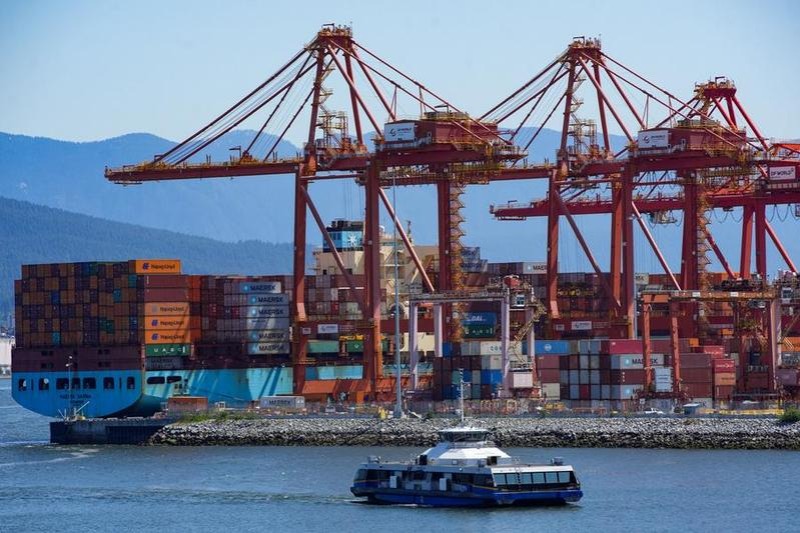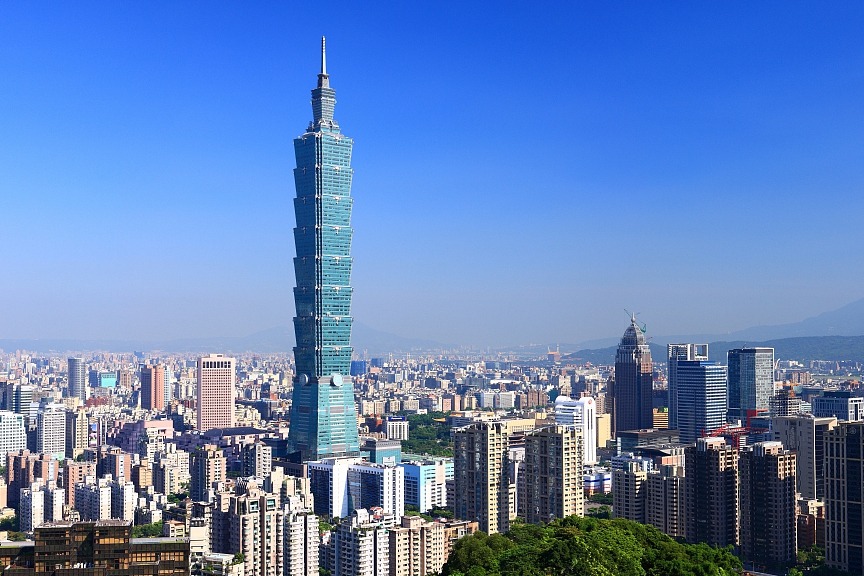Experts' take on Taiwan Question





Editor's note: The Taiwan question is at the very core of China's core interests and the redline that should not be crossed in China-US relations. There the leadership election on the island will not change the basic landscape and development trend of cross-Strait relations, and the Chinese mainland will work with relevant groups on the island to advance the peaceful development of cross-Strait ties. Three experts share their views on the issue with China Daily.

Potential risks follow Taiwan leadership polls
Democratic Progressive Party candidate Lai Ching-te may have won the leadership election on the Taiwan island, but he failed to get the majority of the votes (he won just 40 percent of the popular votes). The DPP, too, suffered a loss in that it failed to win the majority of seats in the local legislature. This "double minority" outcome shows, compared with the previous election, fewer Taiwan residents trust the DPP.
Despite the DPP's diminished standing in the local legislature, with none of the three parties having a majority, the intricate interplay and power dynamics among the three major parties will likely make political maneuvering and strategic calculations a routine affair.
Does the fact that the Kuomintang, along with its two independent allies, and the Taiwan People's Party together make up the majority in the legislature mean they will more closely supervise the DPP's policies and powers? Or will the DPP authorities ride roughshod over the opposition's suggestions and decisions? This scenario raises concerns over the overall impact of Lai's win on Taiwan's political landscape and cross-Strait relations.
Lai's 40 percent vote share primarily came from the DPP's core supporters, indicating dissatisfaction with the party's governance under the outgoing Tsai Ing-wen administration. And yet the fact that the majority of Taiwan voters signaled their desire for a change in leadership is not being adequately acknowledged on the island.
That Lai has been elected the island's leader on minority support poses a significant challenge to his political authority compared with Tsai's "complete governance". With only 40 percent support, Lai lacks broad representation and will face obstacles in governance unless he collaborates with one of the two parties.
In the 113-seat legislature, the Kuomintang's 52 seats, along with its two allies, will not give it even a simple majority. But the fact that the DPP has a seat less than the Kuomintang could prompt the TPP, with eight seats, to leverage its position to foster a strategic alliance with either of the two major parties, adding another layer of uncertainty to Taiwan's political future.
Despite close ties between the Kuomintang's Han Kuo-yu and the TPP's Ko Wen-je, the TPP, under Ko's leadership, is expected to assert its autonomy, creating opportunities for both the blue (Kuomintang) and green (DPP) camps to form a front on specific issues. Thus the TPP could serve as check and balance for the DPP administration, and help stabilize cross-Strait relations and prevent turbulence across the Strait.
However, TPP leader Ko has added another layer of complexity to the island's politics, by emphasizing that he won't exclusively align with either the Kuomintang or the DPP and, instead collaborate with the party that supports a good cause. The TPP's possible oscillation between the DPP and the Kuomintang risks creating distrust in both sides, because one of the parties will always be dissatisfied with the TPP's decision.
Incidentally, the TPP has proposed four "legislative reform" measures, demanding clear commitments from the blue and green camps. Although this strategic move places the TPP in a favorable position, engaging in opportunistic dealings with both sides could disappoint those who want to see a new political culture, especially those who reject the idea of trading positions to cooperate with a party.
Also, given his earlier call to "oust the DPP", Ko faces a dilemma: if he collaborates with the DPP in the legislative assembly, his 3.69 million voters may question his political commitment. Therefore, Ko must carefully consider the implications before fostering a DPP-TPP alliance.
More important, Lai's 40 percent vote share, coupled with his pro-independence stance, doesn't align with the majority sentiment in Taiwan. The election's clear message is that supporters of the 1992 Consensus in the blue camp, along with those in the white (TPP) camp who advocate that both sides of the Strait are one family, expect renewed dialogue and peace.
Lai's pro-independence background and divisive stance, too, pose a threat to cross-Strait ties, and could escalate tensions across the Strait. The evolving cross-Strait scenario, distinct from eight years ago, suggests that Lai's leadership could worsen an already strained relationship. Notwithstanding Lai's rhetoric of using dialogue and communication to maintain peace across the Strait, the Chinese mainland sees it as an "empty promise" with limited positive responses.
And regardless of the DPP's efforts to highlight "US-Taiwan friendship", US intervention in the island's affairs is likely to be limited as long as Beijing-Washington relations remain stable. This is because the common interests of the US and the mainland far outweigh those of the US and Taiwan.
In conclusion, the younger generation's strong support for Ko in the island's election is a rare phenomenon, although it fell short of helping realize the mainstream desire for a change in the island's political leadership. Now, with Lai's victory, uncertainties in cross-Strait relations are set to increase, and if Lai continues to promote his pro-independence ideology, restoring lasting peace across the Strait will become even more challenging.
The views don't necessarily represent those of China Daily.































